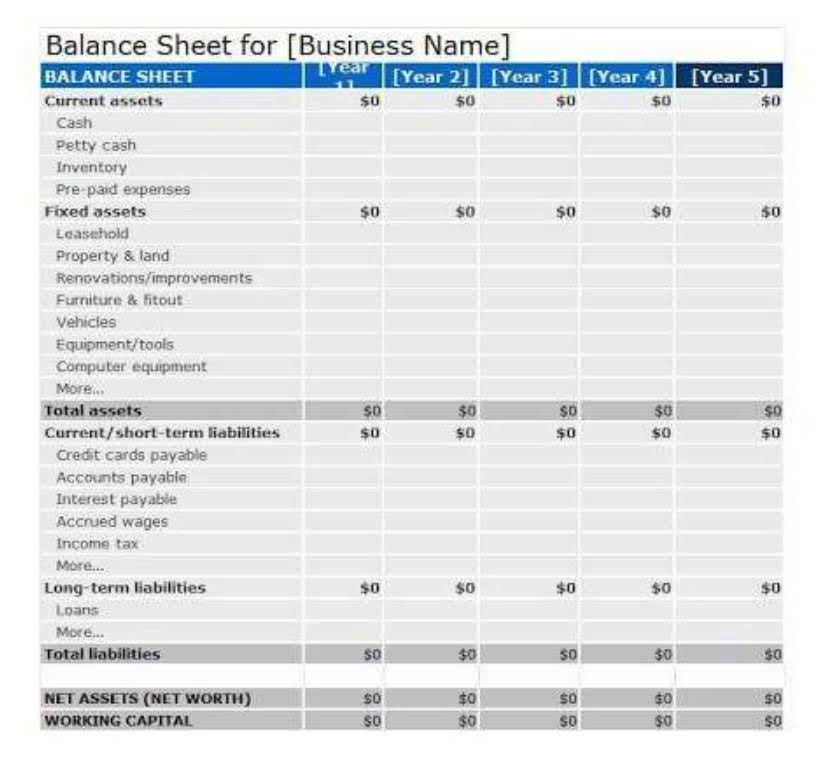Accounting tips for influencers and digital content creators

Software can only do so much and there’s no replacement for the experience and expertise of a tax professional who understands the nuances of influencer bookkeeping and tax reporting. As an influencer, you have the financial responsibility to make sure you are ahead on your taxes, accounts, and self-assessments. At DH Business Support, we are experts in influencer accounting, which is why we bring you this guide to help you navigate your finances if you make money online. By avoiding these common mistakes, you’ll be better equipped to handle your creator finances. Keep things separate, stay on top of your taxes, and you’ll be a step ahead in your business journey.
How should an influencer manage and plan for income fluctuations and ensure financial stability?

One of accounting for influencers the biggest mistakes creators make is mixing personal and business expenses. Imagine trying to figure out your business’s profit when all your personal shopping and business costs are tangled. It becomes nearly impossible to track what you’re spending, earning, and saving. Are you a YouTuber, social media influencer, or other digital creator looking to separate your personal and business finances?
Disability profiles supported in our website

Embracing bookkeeping not only enhances financial stability but also empowers content creators to focus on what they do best—creating engaging Retail Accounting content for their audiences. Bookkeeping for influencers, YouTubers, and other digital creators shares fundamental principles with traditional businesses. For instance, both need to meticulously track income and expenses to maintain a clear financial picture. However, the unique aspects of earning income online make for specific considerations when it comes to bookkeeping for your online business. Managing finances separately is crucial for creators looking to succeed long-term. Set up distinct bank accounts to keep personal and business funds apart.
How to Manage AdSense, OnlyFans & YouTube income for your Tax Return?
- The importance of bookkeeping for content creators cannot be overstated, especially as the digital landscape continues to evolve and expand.
- So embrace the right bookkeeping practices for continued business growth.
- Proper accounting for the creation, maintenance, and protection of these assets is unique to this sector.
- It gets more detailed than this but this is a good high-level overview to start you off in the world of bookkeeping.
One of the biggest challenges is keeping personal and business expenses separate. This guide will walk you through the necessity and methods of separating your finances, helping you avoid messy entanglements and potential legal issues down the line. Investing in user-friendly accounting software tailored for content creators can streamline bookkeeping processes. Tools like QuickBooks or Xero offer features that allow for easy categorisation of income and expenses, making it simpler to generate reports and prepare for tax season. While the foundation of bookkeeping—tracking income and expenses to understand financial health—remains consistent across fields, digital creators face unique challenges and opportunities.
- When business and personal financial records are mixed, it can give an impression of disorganization.
- You’ll want to keep good track of all your receipts whether they are inputted right into a bookkeeping program (two are listed below) or you save them in the Cloud (method listed below).
- However, just like loose change can add up to a lot over time, so can small business expenses.
- By mapping out when you expect to receive payments and what your expenses look like, you give yourself a clearer roadmap.
- Of course, you’ll need the right tools to master bookkeeping while also running a successful business.

It’s the foundational layer of financial management, helping maintain order and enabling you to focus on content creation and influencer business expansion. For digital creators, expenses such as software subscriptions, advertising costs, equipment upgrades, and platform fees can quickly add up. These are essential for creating content, reaching audiences, and running the business, but if they’re not carefully managed, they can eat into your earnings significantly. Earning money as an influencer or a digital creator is growing in popularity. And how you earn money in the digital Accounting Periods and Methods world needs to be adequately recorded in your books. However, the type of transactions and bookkeeping and accounting challenges that influencers and digital creators face are quite distinct from a traditional business.


It’s all about matching your financial needs with the right professional help and the level of bookkeeping and accounting services your company requires. Having seen what pitfalls might await course and content creators and how to avoid them, let’s now have a look at how to do bookkeeping the right way – from the start. A mistake a lot of digital creators make in their bookkeeping is only jotting down the money they end up with after fees from payment processors get taken out. Work with a tax professional to understand your obligations, explore deductions, and plan for quarterly tax payments if applicable. Not including minor costs in the records because they seem insignificant can become a larger issue down the road. However, just like loose change can add up to a lot over time, so can small business expenses.
